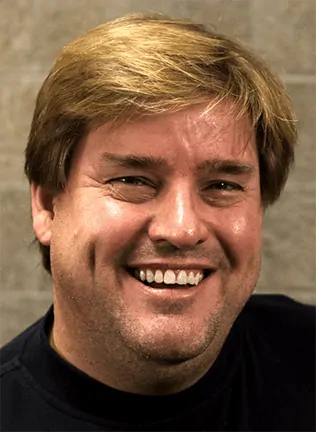


CHARLESTON, SC –SCS Engineers has hired Dale Haase to provide full Environmental Health and Safety solutions to SCS’s growing industrial client base. He is located in SCS’s Charleston, S.C., office.
As an SCS Project Manager, Mr. Haase will prepare and submit air permit applications; waste water applications: NPDES, stormwater and SPCC plans; hazardous waste generator compliance plans; and all types of environmental compliance reporting for clients. He is particularly experienced at helping clients build sustainable health and safety cultures using training and positive behavior reinforcement with an emphasis on compliance and case management.
“Dale has prepared and managed environmental permitting and compliance documentation for industrial and manufacturing clients, while at the same time helping them navigate and realign their safety culture for outstanding outcomes,” stated Nina Marshtein, Environmental Services Practice Leader and manager of the SCS Charleston office. “Dale has a results-oriented track record that SCS and our clients’ value. “
Mr. Haase is licensed in South Carolina as a Professional Engineer. He earned a Bachelor’s of Science degree in Civil Engineering in 1991 from the University of South Carolina, Columbia.
SCS Engineers provides environmental solutions to a broad spectrum of industries in South Carolina, including aerospace, oil and gas, mineral mining, chemicals and pharmaceuticals, textiles, printing and publishing, woodworking, agricultural products, automotive products and the solid waste industry. Learn more here.